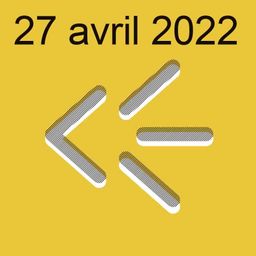Language, identity and culture: successful practices during remote teaching
My Session Status
Language, identity and culture: successful practices during remote teaching
Luciana Graça
Department of Spanish and Portuguese, University of Toronto
Click here to view the 6-minute video presentation.
Zoom 977 795 0100
With the classroom setting up as one of the most privileged spaces to prepare students for interaction with other people, language classes play a central role in this. This is why project-based learning has gained more and more visibility, as a way of contributing (also) to the construction of a (more) active citizenship, and in which students become increasingly reflective and critical citizens, in a world of increasing complexity. In this contribution, and after a brief theoretical framework, we will present didactic projects designed according to such logic of action, describing the respective steps carried out, and implemented in a (post) pandemic context, and also with the use of digital tools, in Portuguese as an additional language classes at a public university in North America. Among these projects, we could highlight the posts, podcasts, multimodal digital books and even blogs, and, with these activities, the teaching focus was placed not only on issues of linguistic proficiency but also on identity and cultural issues. . After all, in-depth learning of a language goes far beyond learning about grammatical rules. And the students' reactions are very evident, regarding the potential of a work of this nature.

Discussion